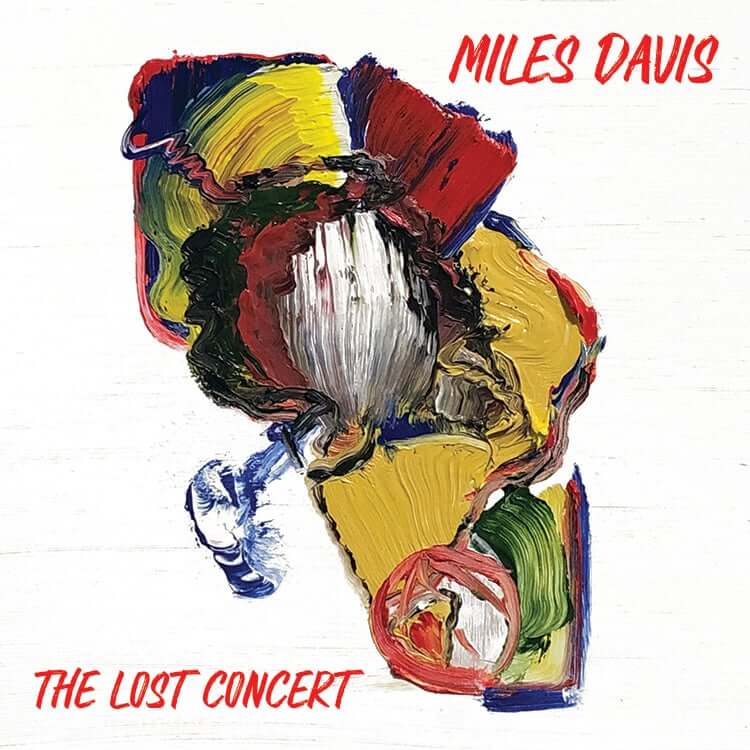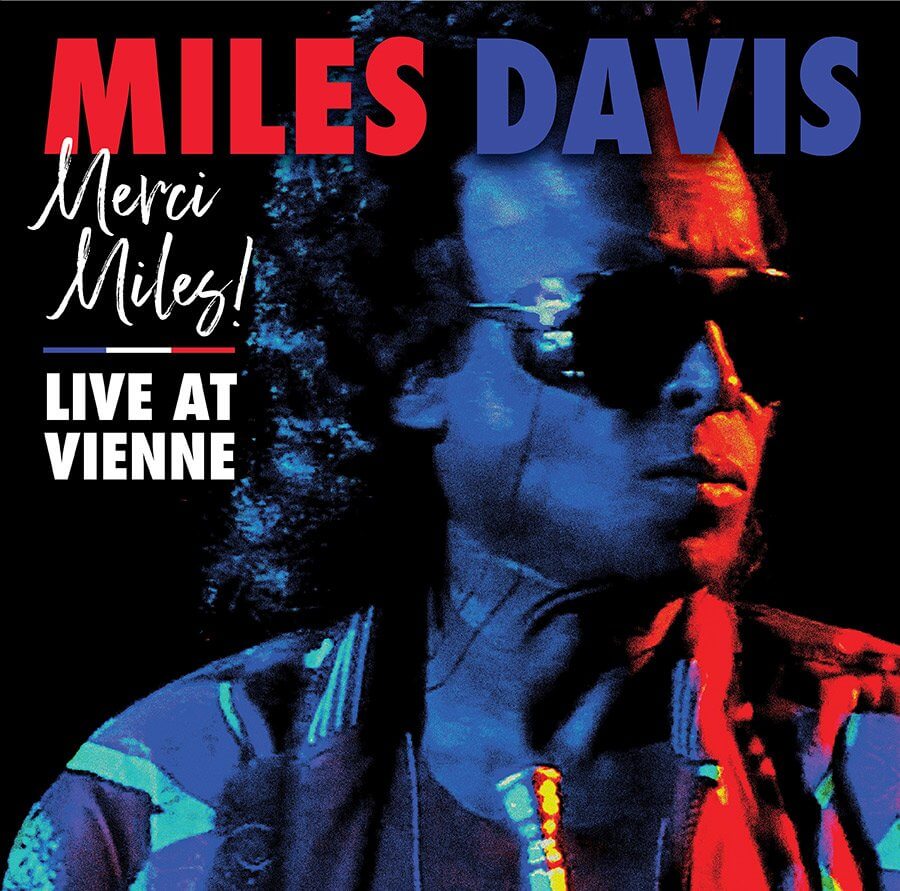Late style, the idea that an artist’s work changes markedly as they see the end of life on the horizon, is mainly reserved for discussions of literary figures, or else musicians, like Beethoven, that literary figures hear of enough to dig, if not understand. Another way to put it is that it is a middle-to-highbrow topic that you can read about in The New Yorker and follow by lamenting the loss of someone without ever having to bother reading or hearing a substantial amount of their work.
Not that it doesn’t exist, it does, but is rarely something of an identifiably different manner than what had come earlier. In Beethoven, it is more attributable to his long deafness and his developing inner ear than his failing health, and even Schubert’s late works are much like his earlier ones, though the calmness and depth in the music does have a haunting quality when one knows the composer wrote them while he knew he was dying. at the age of 31, from syphilis.
Because the culture of literature rarely touches on jazz, you’ll be challenged to find any analysis of late style in the music of jazz musicians. Jazz, an improvisational music, constantly fluid, usually sits outside of the idea of identifiable stages in an artists’ development. The great jazz musicians are always developing, always becoming closer to their true selves. Listening to a musician with a long career, like Sonny Rollins, means hearing a through-line of both expanding experience and wisdom and a refining centering of just what they mean to say and how they say it.
The exception is Miles Davis, who was simply one of the great musicians civilization has produced, and one of the few artist across all genres and fields who pioneered one breakthrough idea after another, only to leave those behind and move on to the next innovation. There’s really no one in jazz or 20th century music as a whole, even Stravinsky, who so often and so successfully left a definite style behind to move on to one both entirely new and entirely identifiable as his work, his sound, his voice. The only creative figure who seems to me in the same realm of innovation and public impact was Picasso.
Miles would point out that he needed to move on to new ideas and not repeat himself, even going so far as to call it a curse. But through the evidence of the music, it was much more and much greater than that: be-bop, cool, hard-bop, modal jazz, jazz-rock fusion, the indefinable slabs of sound heard live on Agharta and Pangaea. The only time this constant run of innovation faltered is during what turned out to be his last years, the twilight comeback of 1986-1991.
The funk/rock/pop albums he made during that period have been demanding a revisionist hearing, and two new recordings that capture Miles live, shortly before he died, are the keys to this. Merci Miles! Live at Vienne (Rhino) and The Lost Concert (Sleepy Night) are not just fantastic albums, rippling with excitement, but real documents. These concerts came days apart, July 1 and July 10, in France during his 1991 world tour, and the latter one was his penultimate live appearance.
The studio albums from this period are all a mixed bag, with concentrated, sophisticated ideas competing with ordinary vamps and lazy goals. This was, seemingly, the sole time when Miles repeated himself. The major live release, We Want Miles (Columbia), showcases a great band and a tired-sounding trumpeter. But the July, 1991 sets are rocking from end to end, and Miles is on fire throughout, playing with great strength and dexterity, as quick-thinking and intelligent as always. And he could still give you something you never heard from him before; on “Human Nature” from the July 1 concert, he teases at the harmony with as much emotional depth as ever, and plays some of the most beautiful phrases ever heard from him on record. The performance turns into a furious minor-key exploration on a pedal tone from the whole band, with an extraordinary solo from alto saxophonist Kenny Garrett, a reminder that Miles was also one of the great bandleaders of all time (Garrett himself has a fine new release, Sounds From The Ancestors, on Mack Avenue).
The Lost Concert is not just excellent musically, but a wonderful record of a special event, a “Miles and Friends” concert that honored the man by bringing on stage some of his most important previous band members. After opening with “Perfect Way,” “New Blues,” and “Human Nature” with his basic band (Garrett, Deron Johnson on keyboards, bassists Joe “Foley” McCreary and Richard Patterson, and drummer Ricky Wellman), comes a wave of stars and superstars: saxophonists Wayne Shorter, Jackie McLean, Bill Evans, and Steve Grossman; keyboardists Chick Corea, Joe Zawinul, and Herbie Hancock; guitarists John Scofield and John McLaughlin; bassists Dave Holland and Darryl Jones; and drummer Al Foster. That’s an incredible bunch of musicians, and they cycle in and out of the likes of “All Blues,” “In A Silent Way/It’s About That Time,” “Watermelon Man,” and “Footprints,” before a massive jam on the latter-day staple, “Jean Pierre.” It’s stunning.
It’s also enlightening. Miles breakthrough during this period was less technical than conceptual. He had already honed his ideas to working with simple but sophisticated ideas over a steady, hellaciously funky groove, giving everyone exceptional freedom within a space defined by a bass line. With the right musicians, this was a recipe for making music that was as exalted for the mind and heart as it was for the hips, a ne plus ultra of ensemble performance across every conceivable genre. Where did he have to go? For Miles, that was the social music idea, that you could make music that brought people together in pure pleasure, but could be as sophisticated and lasting as Beethoven—don’t give people disposable crap or forgettable bubblegum, give them something for the body and mind, don’t pander, and let them experience the joy of it.

These concert albums are social music to the max. The band is beyond cooking, and hearing them build up from something as delicate as the lovely melody of “Human Nature” to an explosive end that has Wellman sounding like he’s pounding his snare into the floor while the crowd is heading into orbit in ecstasy is transformative—the musicians themselves are creating and defining a state, and then transforming it into a near-overwhelming social experience. Meanwhile Miles, like Matisse—ailing but still fecund with imagination, taking his physical limitations and turning them into the wonderful cut-outs—darts in and out, shapes the direction of the music, outlines ideas with as much logic, clarity and beauty as always, says just what he means and nothing more. He recorded a bit more after July 10, and made one more live appearance, in Los Angeles, then checked into the hospital in September, where he died of a stroke, pneumonia, decades of physical ailments and too much hard living.
Author
-

George Grella wrote the book on Miles Davis’ Bitches Brew. He write other stuff too. killyridols.substack.com/
View all posts
George Grella wrote the book on Miles Davis’ Bitches Brew. He write other stuff too. killyridols.substack.com/










